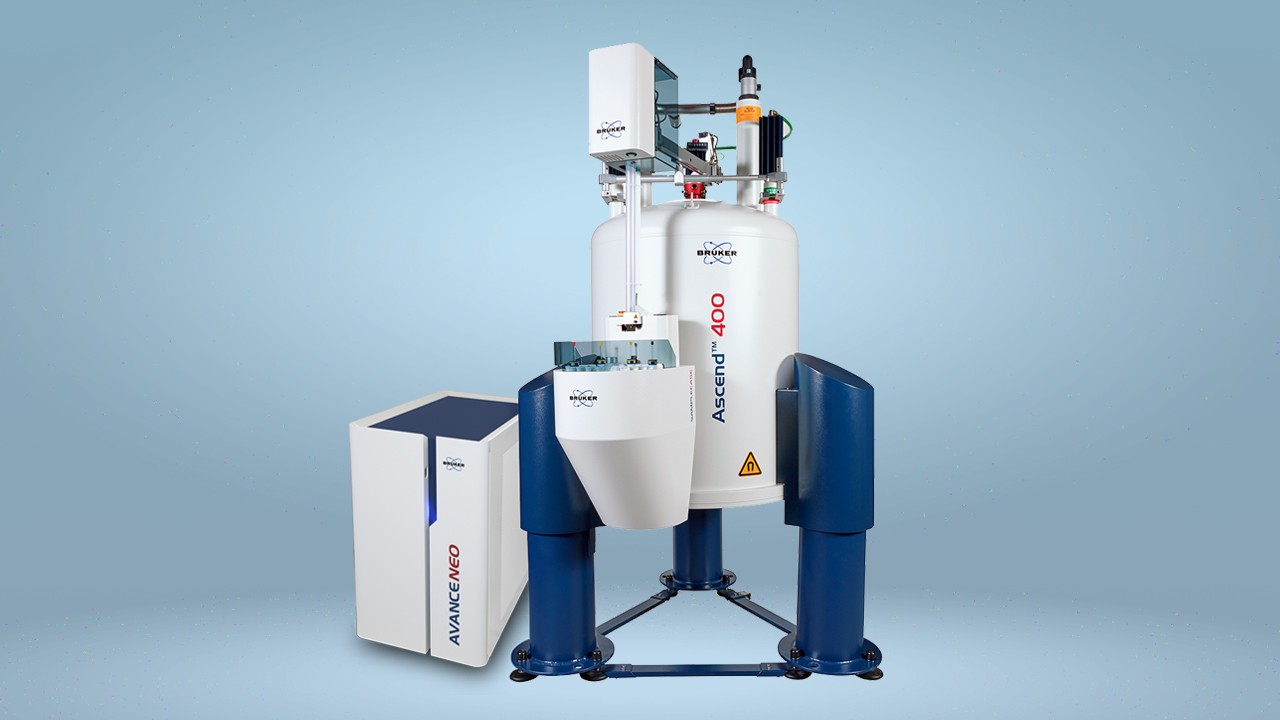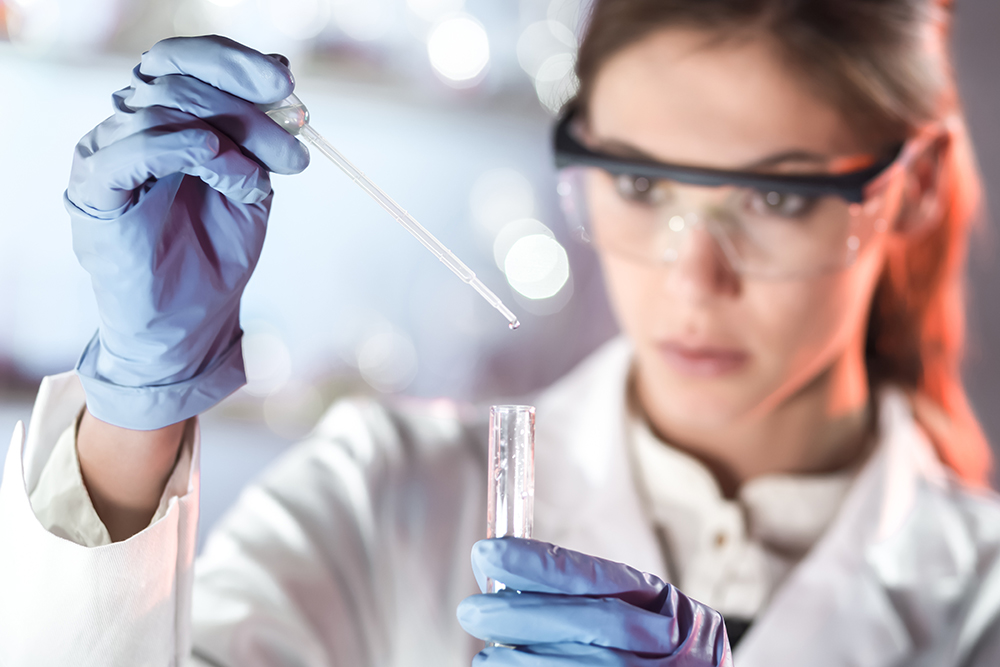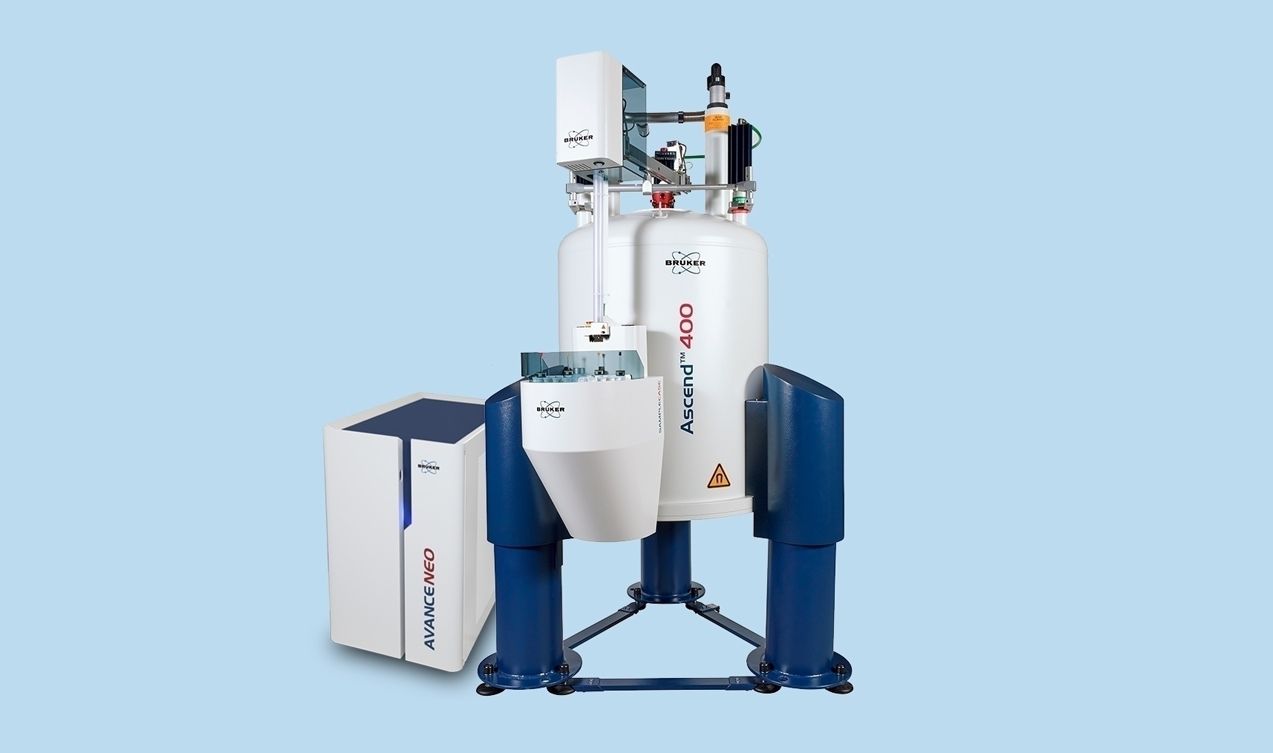

Heating of Blood Samples to Deactivate SARS-CoV-2 Virus Can Lead to Incorrect Biomarker Identification *
* Research Use Only. Not for Use in Clinical Diagnostic Procedures
1H-NMR metabolic profiling using the IVDr platform enables to provide recommendations for Analytical Artefact Minimization with Special Reference to COVID-19/SARS-CoV-2 Plasma Samples
Quantitative nuclear magnetic resonance (NMR) spectroscopy of blood plasma has been used to systematically investigate the impact on information recovery of variations in the different stages of sample collection and preparation. Plasma samples from healthy volunteers and patients infected with SARS CoV-2 that had been collected in tubes of different sizes, using different preservatives and stored at a range of temperatures for varying durations were analyzed by 1H-NMR based plasma metabolomics using an Avance IVDr system, i.e. a Bruker Avance III HD 600MHz spectrometer. Samples were prepared according to standard procedures and measured in full automation using Bruker’s body fluid NMR methods package B.I.Methods 2.0. Quantitative lipoprotein profiles were obtained using the Bruker IVDr Lipoprotein Subclasses Analysis B.I.LISA tool.
The effects of variations in blood collection tube size and preservative, successive freeze-thaw cycles, short- and long-term sample storage temperature, and heat treatment on the quantitative lipoprotein and metabolite patterns were investigated. A comparison of the NMR data obtained revealed that the storage of plasma samples at 4°C for up to 48 hours, freezing at -80°C and blood sample collection tube choice did not have a significant impact on the metabolic patterns observed. Information loss was even minimal after samples had been stored at 4°C for up to 168 hours.
In contrast, however, marked and complex changes in the metabolites present were observed in samples that had been subjected to heat-treatment (56°C for 30 minutes; the standard protocol used for inactivation of SARS CoV-2 in blood samples analyzed in laboratories without high-level biosecurity facilities). Such heat treatment, which is commonly used prior to analysis, was shown to degrade lipoproteins and differentially alter metabolic information. The changes observed in plasma samples from healthy individuals differed significantly from those in samples from patients infected with SARS CoV-2. The critical nature of these differences raises the potential for artefactual pseudo-biomarkers to be identified and real biomarkers to be missed. Consequently, data relating to SARS CoV-2 obtained from heat-treated samples are largely uninterpretable and are of limited research value.
The current NMR based plasma metabolomics research highlights how the reliability of biochemical data is critically dependent on the quality and exact nature of the protocols followed for sample collection, sample preparation, and analysis.
Link: https://pubs.acs.org/doi/abs/10.1021/acs.jproteome.0c00537


